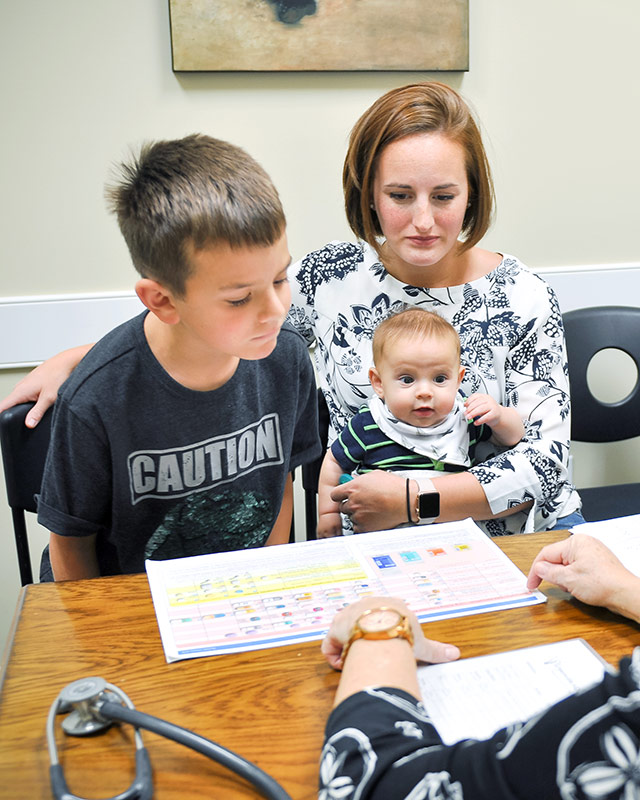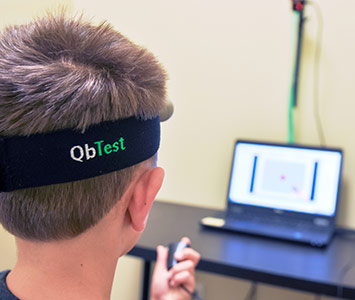Raising the Standard of Care For
Patients With ADHD
Before starting Greenville ADHD Specialists, all of our providers worked in medical practices where they saw many patients who felt overwhelmed, anxious, easily frustrated, and tired. All too often, these patients were incorrectly diagnosed with other conditions: generalized anxiety disorder, depression, chronic fatigue, and more.
In cases where these symptoms were correctly identified as ADHD, the diagnosis was truly life-changing for the patient. Unfortunately, traditional practice environments aren’t always well-equipped to accurately diagnose ADHD, so many patients never get the help they need.
Our providers have devoted their practice to the diagnosis and treatment of this disorder. We go above and beyond to make sure that we have enough time during appointments to build a relationship with you, appropriately evaluate your symptoms, perform state-of-the-art diagnostic testing, and provide individually-tailored treatment.





